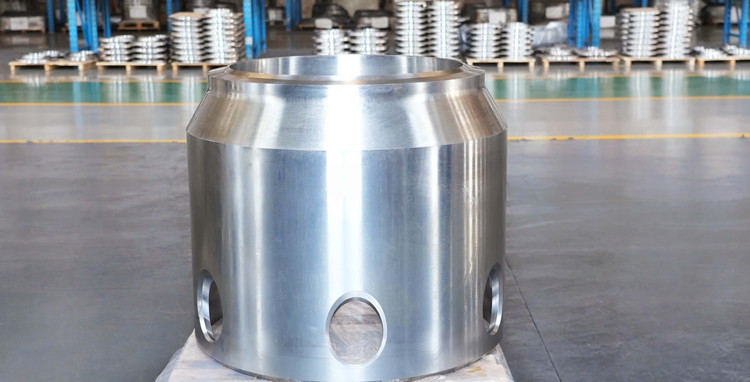- tyler@kirail.com
- +86 15603721115
Forging cleaning is a process of removing surface defects of forgings by mechanical or chemical methods. In order to improve the surface quality of forgings, improve the cutting conditions of forgings, and prevent the expansion of surface defects, it is necessary to clean the surface of billets and forgings at any time during the forging process.
In order to improve the surface quality of forgings, improve the cutting conditions of forgings, and prevent the expansion of surface defects, it is necessary to clean the surface of billets and forgings at any time during the forging process.

1. Steel forgings are usually heated with a steel brush or simple tools before forging to remove the oxide scale. Billets with larger cross-sectional dimensions can be cleaned by high-pressure water jet.
2. The oxide scale on cold forgings can be removed by pickling or shot peening (shot blasting). Non-ferrous alloys have less oxide scale, but pickling and cleaning should be carried out before and after forging to detect and remove surface defects in time.
3. The surface defects of billets or forgings are mainly cracks, folds, scratches and inclusions. If these defects are not removed in time, they will have an adverse effect on the subsequent forging process, especially for aluminum, magnesium, titanium and their alloys.
4. Defects exposed after pickling of non-ferrous alloy forgings are generally cleaned with files, scrapers, grinders or pneumatic tools.
5. Defects of steel forgings are cleaned by pickling, sandblasting (shot), shot blasting, rollers, vibration and other methods.